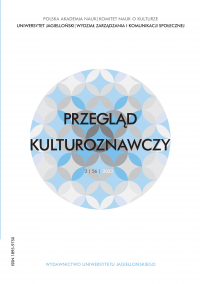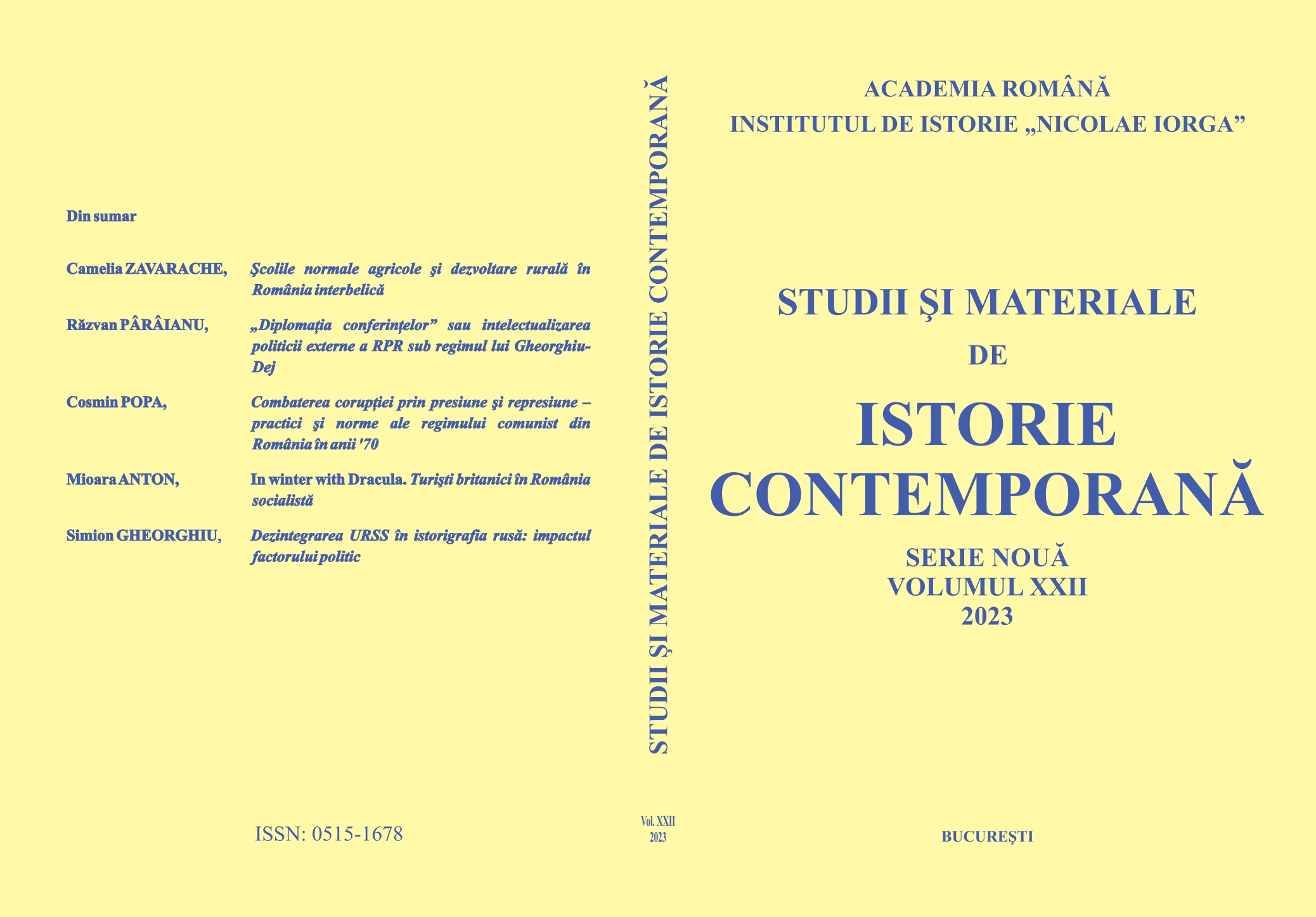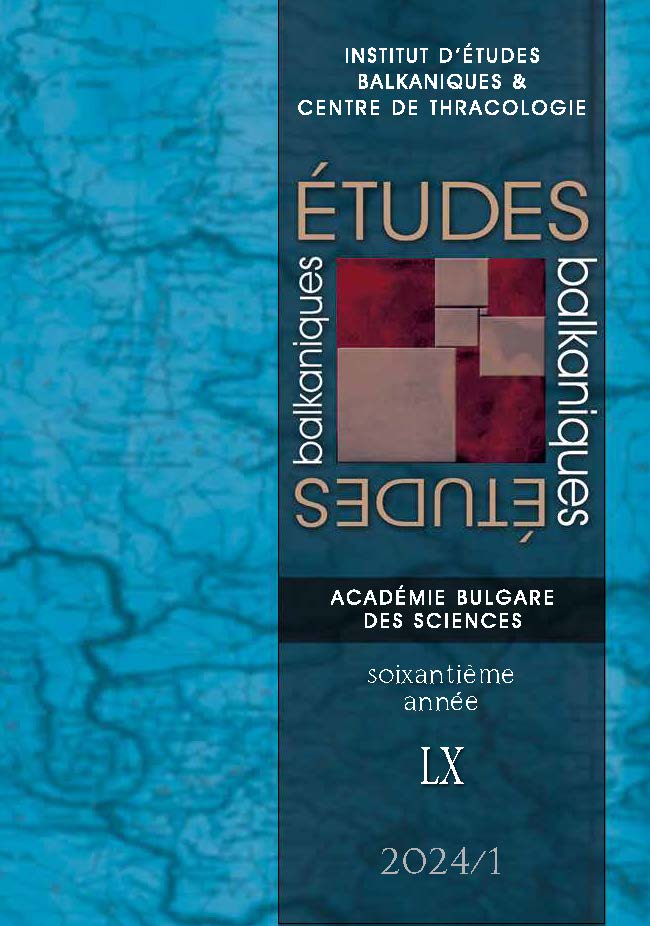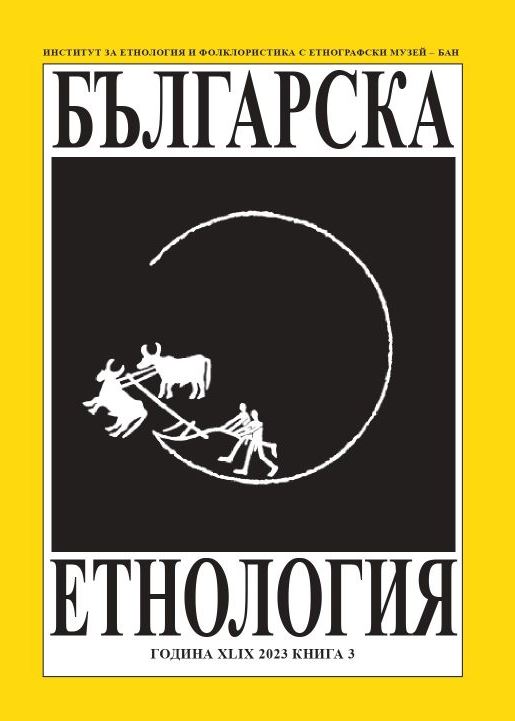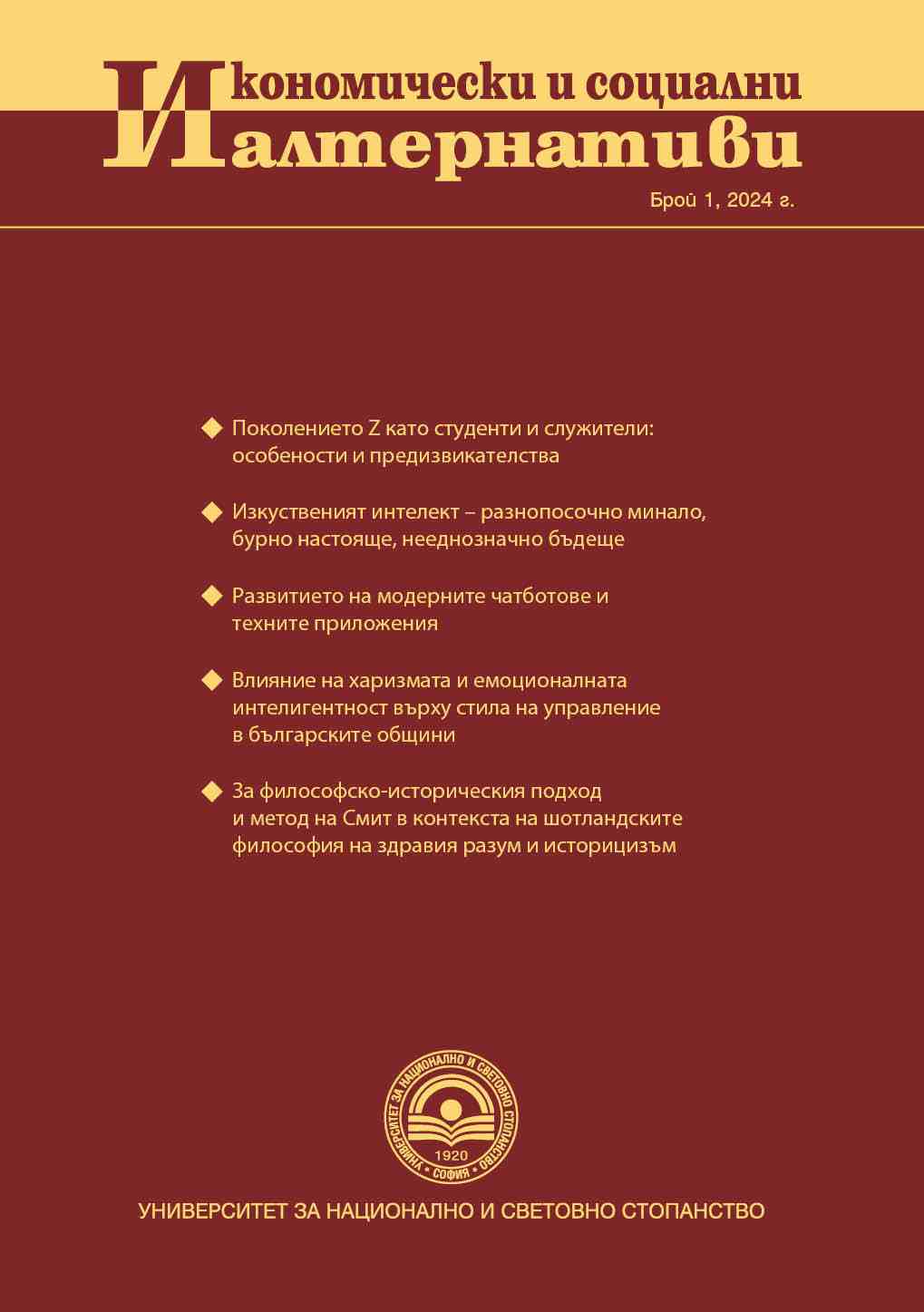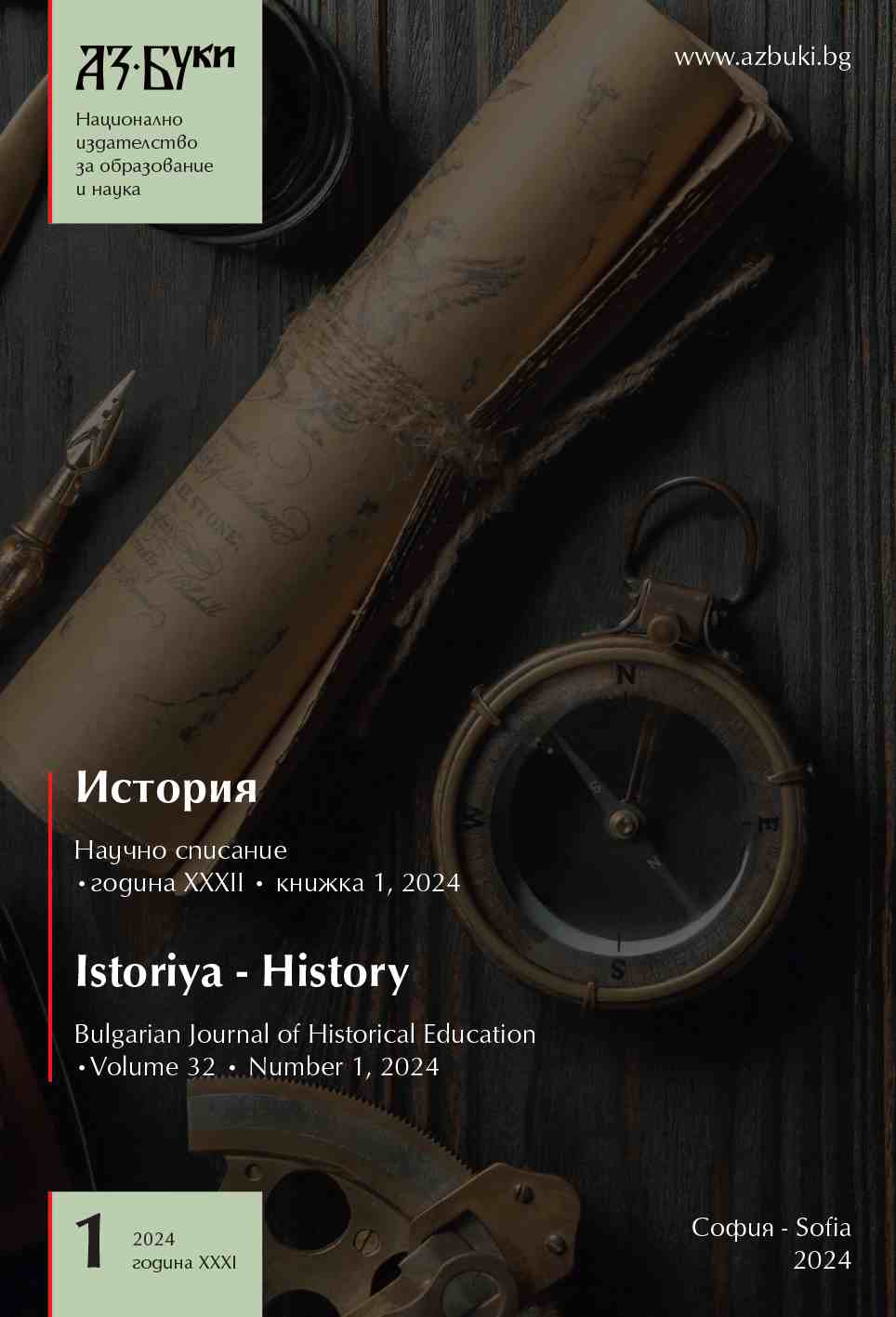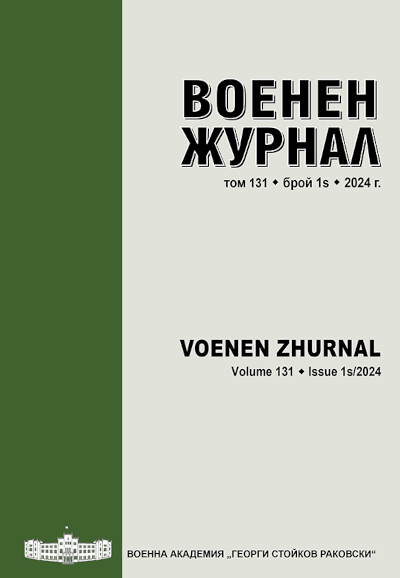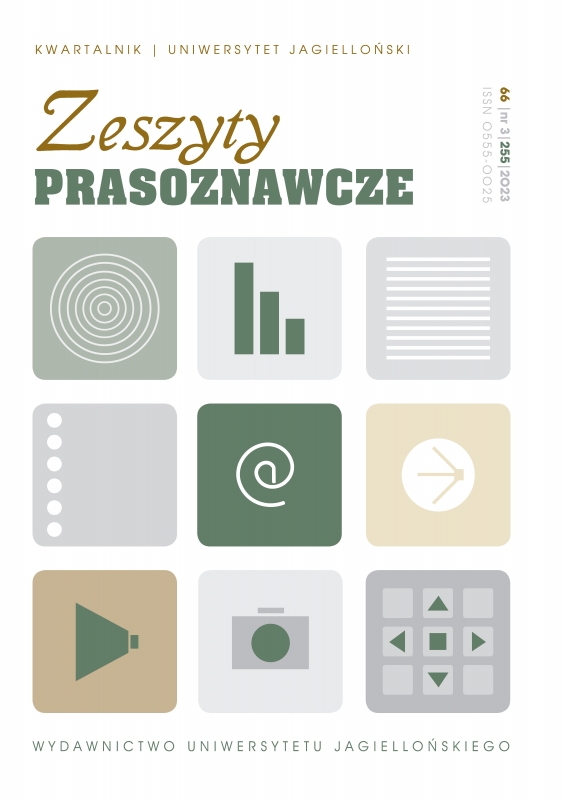
Nacjonalistyczny internet. Rekonstrukcja medialnego ekosystemu polskiej skrajnej prawicy w internecie
The article’s main objective is to reconstruct the media ecosystem of the Polish extreme right on the Internet. The starting point was 15 websites of the most recognisable Polish far-right organisations, which were indexed using the Hyphe tool to identify other websites with the same ideological profile, this identified 312 websites. These were then further analysed using social network analysis methods and tools in order to answer the following research questions: 1) how dense is the network of connections between the different sites; 2) what is the diversity and dominant ideological orientation of the far-right Internet; 3) what types of sites are used to disseminate far-right content? The research results show that far-right websites are poorly networked but that a few sites act as opinion leaders and content distributors linking different communities. At the same time, despite the ideological diversity, two communities – radical nationalists and autonomous nationalists – are critical in the reconstructed media ecosystem. While the different types of sites function as important media sites for each milieu, each milieu uses the different types of sites in slightly different ways.
More...
